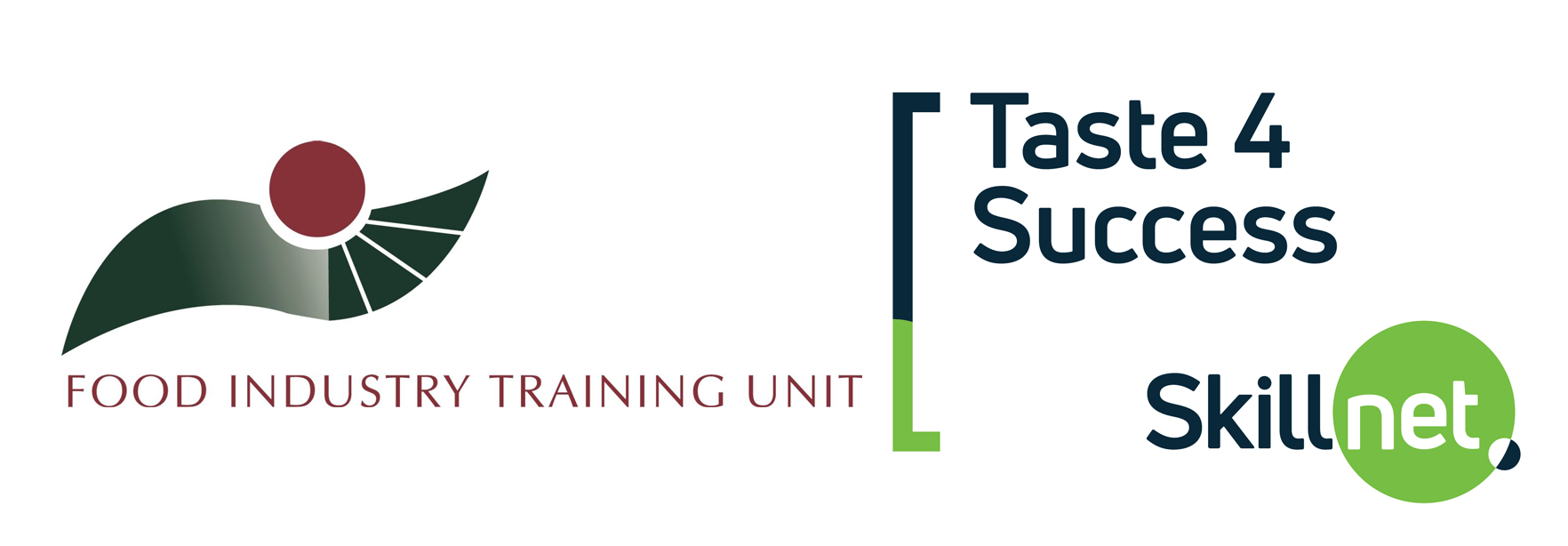
Cleaning In Place (CIP) and its Applications in Microbreweries
This one day course will be of interest to Operations, Technical, Project Managers, Quality Assurance, Quality Control and other relevant personnel who operate micro brewing and beverage plants.
It would be also useful for R&D and NPD staff who develop new products or are planning new investments in plant equipment.
It is a fundamental course in CIP and will cover:
- What is CIP?
- Why is CIP Important ?
- What do I need to know?
Who should attend?
Operations, Technical, Project Managers, Quality Assurance, Quality Control and other relevant personnel who operate micro brewing and beverage plants. This course would be also useful for R&D and NPD staff who develop new products or are planning new investments in plant equipment.
Benefits of Attendance / What will you learn?
Cleaning In Place
- Safety and environmental aspects of CIP
- What are the 4 T’s?
- How each of the T’s affect the outcome of your CIP
- Mechanical action (turbulence)
- Chemical force (turbidity/titration)
- Time
- Temperature
- Technology
CIP Delivery Systems
- Components of a CIP system
- The CIP station
- Single and multiple delivery systems
- CIP system safety
- Control and data acquisition systems
- Water quality and its effects on CIP
- Verification and validation
- Post-CIP testing (chemical/microbiological)
Detergents
- Detergents and acids
- Concentrations and the effect on a successful CIP
- Base caustics and acids vs blended chemicals
- In-line measurement of concentration/temperature
- Environmental considerations
Common Issues with CIP Systems
- What constitutes a successful CIP?
- What should I look for during CIP to ensure success?
- Preventative maintenance items that affect CIP systems
- How can I optimise a CIP system to increase plant availability?
- How can I save money and time on my current system?
- Capital investment justifications
- What are the problems that I have experienced?
Biographical Sketches of Trainers
Nial Mullane is a UCC graduate of Dairy Science and has 35 years’ experience across several blue-chip companies in both the UK and Ireland in soft drinks manufacture with Coca Cola, Aseptic packaging of juices, milk, and sauces with Tetra Pak and both liquid UHT and powdered infant formula manufacture with Wyeth Nutrition. He has held project management, validation, and senior operation management roles in these companies. Nial has been a CIP champion for many years and frequently lectures in University College Cork, and is a Director of Northstar Training and Advisory.
John Creedon has over 33 years’ experience in the Irish Food and Drinks industry in brewing, dairy spreads, milk powders, confectionary, and infant formula. Having graduated from UCC with a BSc (Food Business) and later from TU Dublin with a MSc (Environmental Health Risk Management), he has worked in various quality, manufacturing, operational excellence, and training roles with Heineken, Glanbia, Danone, Pfizer, and Wyeth (now Nestle). He is currently responsible for training and learning including the development of subject matter experts in areas such as wet processing, drying, cleaning in place, filling, and packaging of infant formula across the five dimensions of safety, environment, quality, operational and financial performance.
Registration
For registration and further information contact:
Mary McCarthy-Buckley
Manager
Food Industry Training Unit
School of Food and Nutritional Sciences College of Science,Engineering and Food Science
University College Cork
email m.mccarthybuckley@ucc.ie
tel 021 490 3363 / 086 825 2210
Other Relevant Courses
Other courses which may be of interest to you are:
- Thermal Processing
- Food Processing Engineering
- Food Safety and Quality Audits - A Practical Approach
- Cheese Science and Technology
- Ice Cream Science and Technology
- Production Supervisory Training Course

